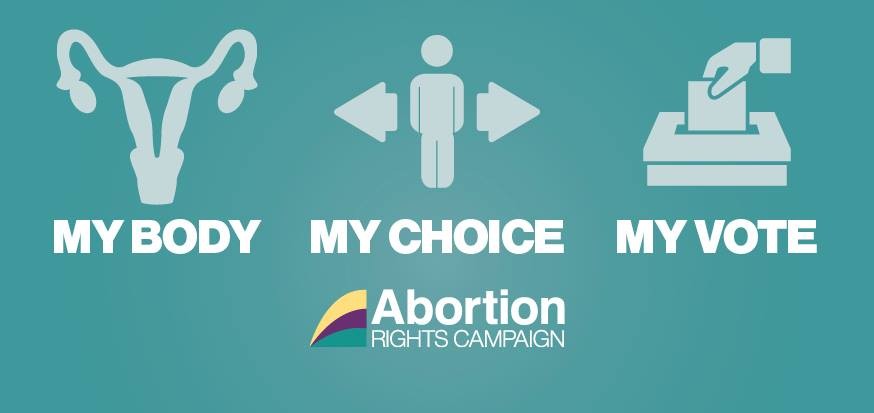
When is the election?
There will be a general election, in other words a Dáil election, on Saturday, 8 February 2020.
Do I need to be registered to vote?
Yes.
Am I already registered?
Possibly. You can check at https://www.checktheregister.ie. It’s a bit picky about the exact form of your address, though, so you might need to try a few variations. It does better with eircodes than with street addresses.
Am I eligible to vote?
You are eligible to vote in the upcoming General Election if you are an Irish or UK citizen and will be 18 or over on 8 February 2020. If you are not an Irish or UK citizen you can still register to vote in local elections, and in European elections if you are an EU citizen.
Can I vote from abroad?
You need to be resident in Ireland, or you need to have been resident within the last 18 months and planning to return. Even in that case though you will need to come back to vote. There are a very small number of exceptions, like Irish diplomats abroad who are allowed to vote by post.
I registered more than a year ago. I must be on the register, right?
Not necessarily. The register is updated on 15 February of each year, so the register for this election is the one which was updated on 15 February 2019. The deadline for that was back on 25 November 2018. So if you submitted your forms after that date then you are not on the register, and won’t be until a week after this election.
I got a polling card for the recent local and European elections. Does that mean I’m registered?
Generally, yes. Those elections used the same register that will be used for this election, the one which was updated on 15 February 2019.
I’m not registered, but I am eligible. Is there any way I can still vote?
Yes, but you will need to act quickly. You can be added to the supplementary register up until 22 January. You will need to fill out form RFA2. You can get a copy of that form here. You will need to get it stamped at a Garda station, where you may be asked to show identification. You will then need to deliver or send the completed and stamped form to your local council.
I heard some councils will be adding people automatically to the supplemental register if they have already applied for the new register, the one which will come into force on 15 February. I’ve applied and live in one of those councils. Am I okay then?
Possibly, but not necessarily. It’s not clear that councils are legally allowed to do that. It could be subject to a legal challenge and they might have to remove you from the register. It would be safer to fill out out RFA2, as described above.
I am registered but at the wrong address. Should I use the same form?
No. The form to use in that case is RFA3. You can get that form here.
I’m a student. Should I register at my home address or my college address?
You can register at either, but not both. If the address you’re currently registered at isn’t the one you’ll be at on 8 February then you can change it using RFA3, as described above. If you’re not registered anywhere then you can use RFA2.
I am registered, but I wasn’t an Irish citizen when I registered. I am now. Can I still vote in the election?
Yes, but you will need to fill out RFA5. You can get that form here.
I’m living in a hospital or nursing home. What should I do?
In order to vote there you will need to be on the special voters list or on the supplement to the special voters list. The deadline for the list was 25 November 2018. The deadline for the supplement is 16 January, so you have almost no time left to do this, but the form is SVS1, which is available here. Alternatively, you may be able to cast a postal vote. The form is PVS1, which is available here. The deadline is, unfortunately, the same.
I would like to cast a postal vote. Can I do that?
Probably not. The rules are very strict. The form is PVS2, which is available here. Read the instructions there to see if you are eligible to vote by post. The deadline is 16 January though.
I’ve already registered to vote by post, but I’ve decided I want to vote in person. Can I do that?
No.
Why does all of this matter?
This election matters because the people elected will be the ones presiding over our reproductive healthcare services and likely the review of the existing legislation. It’s crucial that we use this opportunity to vote pro-choice and to endorse candidates who support free, safe, legal and local abortion.
Keep an eye on our site for more information on what to ask your candidates when they come knocking.

